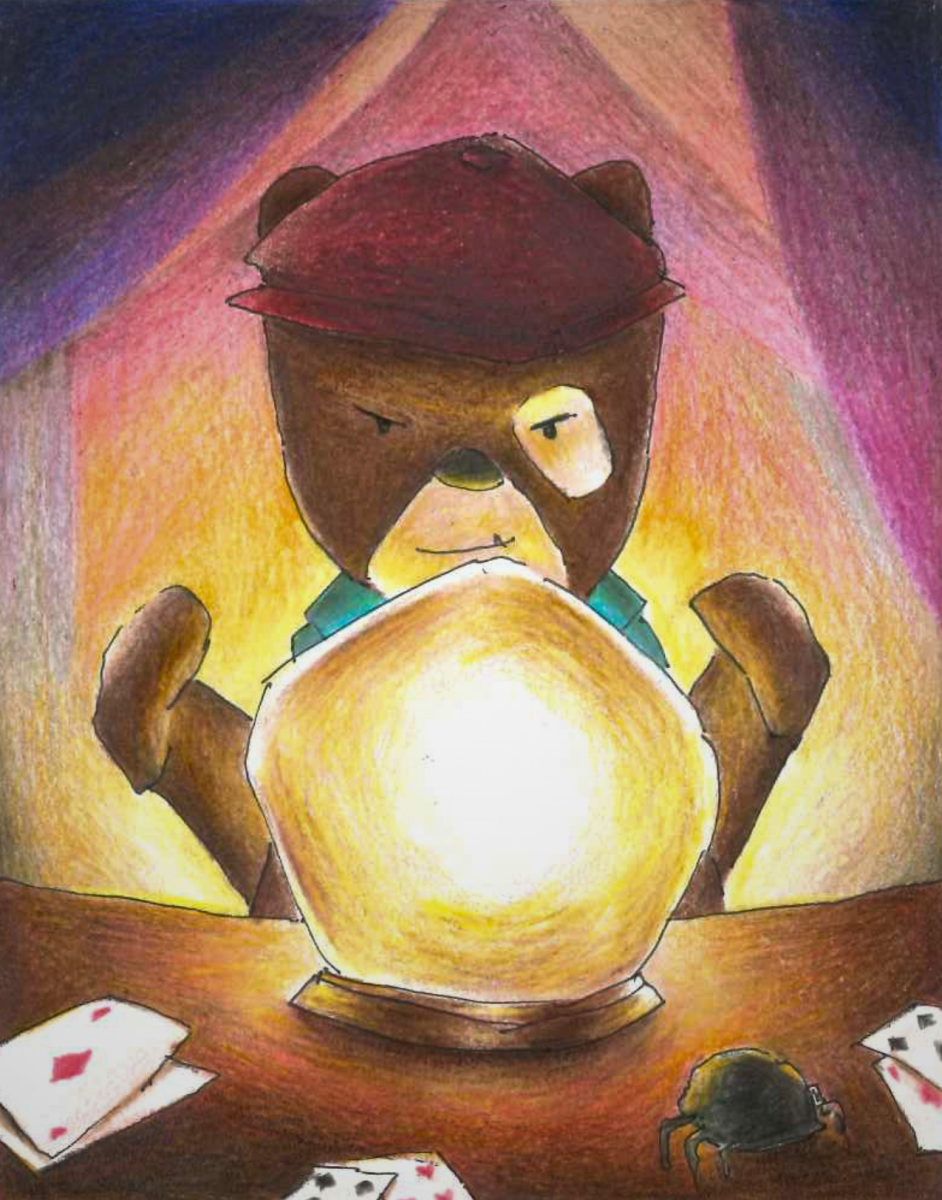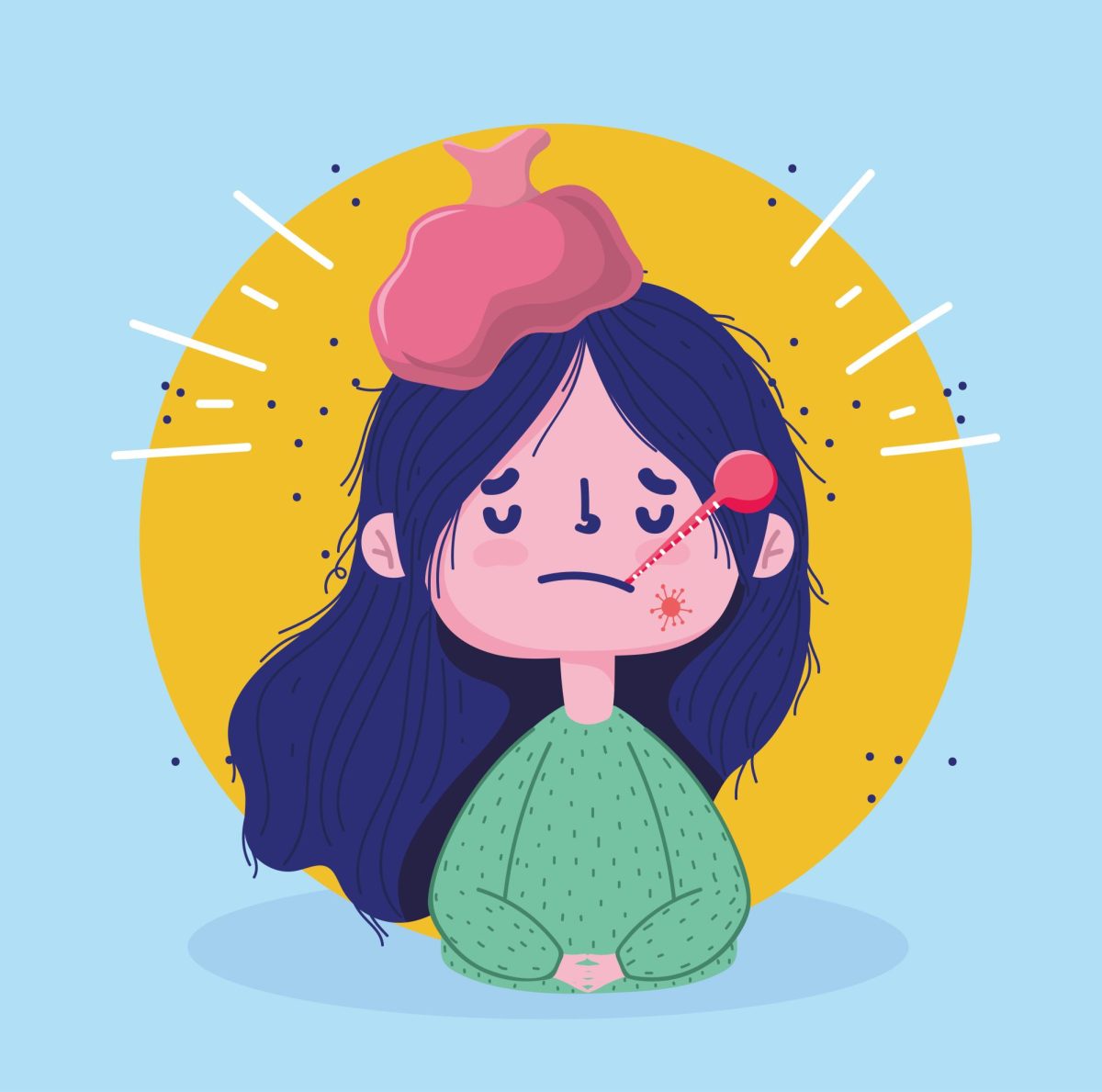By Tara Adamcyzk, Advertising Manager
Domestic violence is a broad topic with endless misconceptions. Domestic and intimate partner violence provides society with generic definitions that limit understanding of how and when the acts become criminal.
Domestic violence is more than just hitting it comes in many forms. Rape is often forgotten to being a form of domestic violence because it is handled different in the courts and it has many misconceptions. According to www.justice.gov, rape is defined as “The penetration, no matter how slight, of the vagina or anus with any body part or object, or oral penetration by a sex organ of another person, without the consent of the victim.”
With that being said, no matter how the victim is dressed, no matter how much make up is on their face, and no matter how much alcohol is in their system if they did not verbally consent to sex it is rape. When alcohol is involved, the person is unable to legally consent to sex and a yes is a no.
Physical and verbal abuse gets confusing when the person does not want to come to terms with it. Abuse in many forms sucks the life out of you, and the abuser may make you feel as though you deserve it.
“The technique of Neutralization theory, which occurs when victims or perpetrators believe everybody suffers from this or that nobody is being harmed. They don’t often see the physical, psychological, and monetary costs to society. They often think they change the offender and he or she will grow out of their ways,” said Dr. Keith Bell, WLU associate professor of criminal justice.
The biggest misconception that society has on domestic violence does not come from a definition, but rather how society is taught to think and it is that the victim has to hide the abuse.
Victims often believe that they can change the abuser, that they are only violent when they drink, and blame themselves. Victims want to just forget about the abuse and claim that it was because he/she was stressed, under a substance, they provoked the incident and that it was only a one-time thing.
The worst thing a victim can do is to feel that they have nowhere to go. Help is available to all victims of domestic violence and something can be done in the courts. Paying attention to the warning signs can help a victim know if their partner is going to become abusive.
Domestic violence is not only a crime but it is also an illness, knowing the signs and getting help the first time it occurs is just the first step of preventing it in the future.












